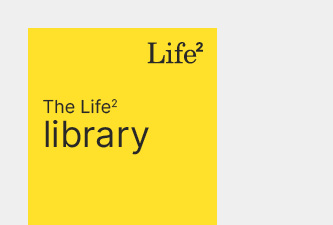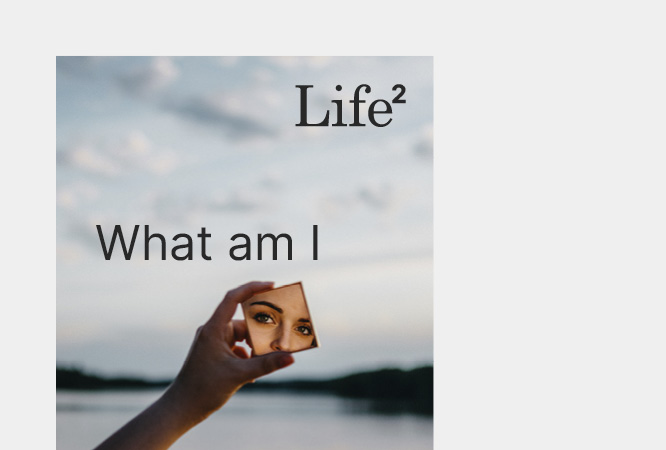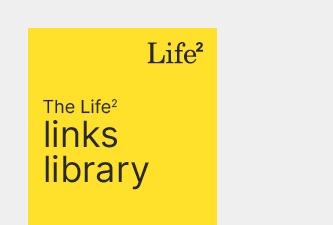Free: frē, adj not bound; at liberty; not under arbitrary government; not strict, or bound by rules; not literal; unimpeded.[i]
One of the most malleable concepts in the English language is that of freedom. Subtly differing definitions of the term are often used by interest groups, political parties or even individuals to back up their own viewpoints. For example, the Countryside Alliance’s campaign against banning hunting some years ago was titled ‘Liberty and Livelihood’.
This short article explores the concept of freedom, demonstrates how it can be manipulated by others and considers how we can each respond when others try to manipulate it in this way.
On first examination, it is surprising that the concept of freedom can be so confusing as it seems to be quite a clearly defined idea – freedom is the state of being at liberty – of being unimpeded. The tightness of the definition suddenly unravels however when one asks ‘at liberty from what?’. And it is this ‘what’ that the various interest groups differ on.
Looking at the Countryside Alliance example, the campaign for hunting was demanding freedom for people to hunt animals.
Our traditional view of freedom would suggest that freedom is a good thing – something we should preserve. Those who oppose hunting however would feel somewhat uneasy (to put it mildly) about the claim for liberty made by the Countryside Alliance above. This suggests that the concept of freedom is perhaps not as simple (or indeed, always as positive) as we initially thought.
The confusion arises from the way we commonly use the term ‘freedom’. John Stuart Mill’s classic definition of liberalism, as set out in his paper ‘On Liberty’, can be paraphrased as ‘you should be free to do anything you want so long as it doesn’t interfere with others’. This liberal definition – that we should consider how our actions affect others - seems reasonable. I also suggest that this idea of ‘others’ should extend beyond humans to other living creatures. In our common usage of the term ‘freedom’ in modern society, we often forget the second half of Mill’s sentence above - ‘so long as it doesn’t interfere with others’. We seem to think that we have the complete freedom to do anything, and we either forget or do not realise that one person’s (or creature’s) claim to freedom nearly always affects another person’s (or creature’s) freedom to do something else. Or perhaps, when we are making our claim to be able to do something, we conveniently forget to consider that our freedom to do this brings consequences for others.
Let us consider for a moment what the world would have to look like for us each to have complete freedom to do as we please. Quite simply, you would have to be the only creature inhabiting the planet. The presence of any other creatures would mean that there was a chance that your freedom could be constrained by the deliberate actions of another creature – e.g. a lion wanting to eat you. If you don’t feel that creatures other than humans could be classified as threats to your freedom then change ‘the only creature on the planet’ to ‘the only human on the planet’. Either version of the scenario bears little resemblance to how things currently are.
Thus, in our modern world, one person’s (or creature’s) freedom to do something is a potential constraint on another person’s (or creature’s) freedom to do something else. For example, the hunter’s freedom to have fun and enjoy sport is a constraint on the hunted animal’s freedom to avoid unnecessary suffering and death. If we follow Mill’s liberal point of view, our judgement of whether a particular group has a legitimate claim to the freedom they demand can be formed by weighing this claim up against the competing claim from the party (or parties) whose freedom they are affecting. In the case of the Countryside Alliance, I strongly believe that the fox’s claim to their particular freedom outweighs that of the hunter.
Often, when people seek to manipulate the concept of freedom for their own use, they say ‘I want the freedom to do x’. This statement has nothing to do with freedom, although the word ‘freedom’ or something similar is often inserted by the people making the claim in an attempt to give greater credence to the claim. As noted earlier, the term ‘freedom’ has positive connotations and these can confuse people's judgement about the claim being made. So, whenever you hear someone demanding ‘freedom to do x’, remove the word ‘freedom’ and interpret it simply as ‘I want to do x’. Then, make an assessment of who or what they will affect by doing x (and usually something will be affected, even if it isn’t immediately obvious what), and you’ll be able to judge whether they should be allowed to do it.
Freedom is vital – it is the cornerstone of modern democratic societies. But each person’s claim to freedom brings competing claims from others and we should be sure to weigh these up carefully before we jump to defend anyone’s claim for ‘freedom’.
[i] Extract of definition from Chambers English Dictionary, Chambers Harrapp 1998, Edinburgh, p.636.
© Life Squared 2010





